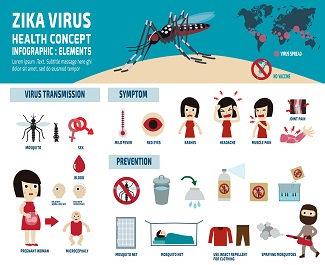Introduction
Sleep is important for everyone. For infants, they will spend about 14 hours to 20 hours a day in sleep in the first year. Most of these time is spent in rapid eye movement sleep which is crucial to the brain development of the infants. Research shows an overall shortened sleep duration in early years is associated with lower cognitive performance later on in life, hyperactivity disorder, and impaired neurological development.
All parents want their babies to sleep well, but many do not know how many times baby need to nap in a day and how long the baby will nap and how many hours of overnight sleep baby need?
In fact, the answers to these questions change a few times in the first year as typical requirement varies with age and other individual factors.
Newborns (1-2 months)
In the first 8 weeks, a newborn’s sleep is disorganized. Full-term babies will sleep for about 16 to 18 hours a day while premature babies may sleep for about 20 hours a day.
The longest sleep period last two hours thirty minutes to 4 hours and most of the time, newborn’s sleep is rapid eye movement sleep or dream sleep in which he or she can be easily disturbed.
During sleep, parent can witness some body movements in your baby such as smiling, grimace, an occasional twitch of fingers and feet. They will wake up for feeding every three to five hours.
Tips for new parents
- Observe and note down your baby's sleep patterns and identify signs of sleepiness
- Put your baby in the crib whenever he or she shows sign of drowsiness. The crib must meet the safety standard.
- Make sure the room in which baby sleep is quiet and dark with a comfortable temperature.
- Soft music can be used to help to soothe the baby.
3 to 6 months
As baby sleeps longer through the night, bedtime shifts earlier, to between 7:30 and 8:30. At this stage, she is getting about three to four naps a day; each may last from 30 minutes to 2 hours.
As she grows, time spent on sleep start to decrease.
Tips for new parents
- You can start to establish a sleep routine for your baby
- Put your bed to bed when he is drowsy but not asleep. This will help them to fall asleep independently and put themselves back to sleep during the night when they wake.
- Whenever possible, try not to carry and rock your baby to help her to fall asleep. Once she gets used to parental assistance at bedtime, it will become a habit and she will cry for your support at night to help her to fall asleep.
6 to 12 months
Baby sleeps for 14 to 15 hours a day, and they can sleep for a longer duration at a time.
By six months, many babies will sleep about 8 hours or more at night which means they can sleep throughout the night.
There are babies still wake up for night feeding
Some babies wake up at night not because of hunger. It is normal for an adult to wake up one time or two at night. For adults, we can put ourselves back to sleep so fast that we cannot remember when we wake up in the morning. For babies, they still have not mastered this skill, that is why he or she may cry.
Tips for new parents
- Parents should encourage good sleep habit from an early age which includes (a) consistent bedtime routine. (b) consistent sleep schedule. (c) Enjoyable bedtime routine.
- Try to avoid co-sleeping as it increases the risk of sudden infant death syndrome (SIDS)
- Try to avoid night feeding after six months of age.
- Encourage baby to fall asleep independently by trying not to respond to every cry.



